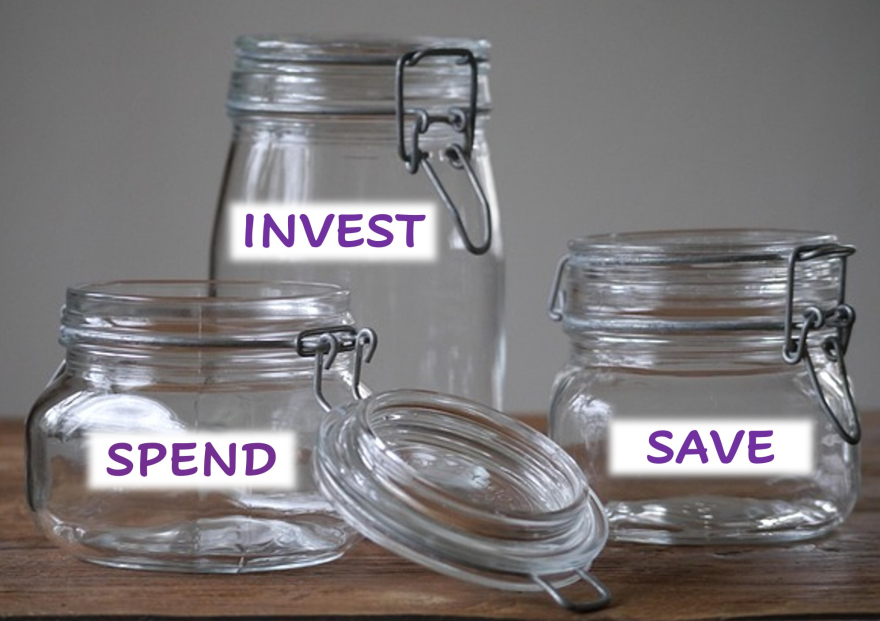|
I’m sure you’ve heard the news about Taylor Swift. What caught my attention wasn’t the wedding announcement, but something she said on the New Heights podcast about energy:
"Think of your energy as if it's expensive. As if it's like a luxury item. Not everyone can afford it. Not everyone has invested in you in order to be able to have the capital for you to care about this. What you spend your energy on, that's your day."
That line has stayed with me. It’s a powerful reminder that our energy is finite, and where we choose to spend it matters.

Energy is Not the Same as Time
Most of us think of time as the ultimate limited resource, but research in neuroscience and psychology shows that energy is the deeper currency.
Time is fixed. Everyone gets 24 hours.
Energy is different. It is what lets you use those hours well. It rises and falls with rest, focus, stress, and what fills or drains you.
Time is the clock. Energy is the fuel.
You can spend three hours on something you love and feel renewed or spend 20 minutes on a draining call and feel wrecked for the rest of the day.
The brain is constantly scanning for threats and rewards, and those signals directly shape our energy levels:
- Threat cues such as conflict, constant demands, or uncertainty drain mental energy and increase stress hormones.
- Reward cues such as connection, progress, or meaningful tasks fuel dopamine giving you an energy boost.
That’s why some interactions leave you buzzing, while others leave you needing a vacation.
Necessary Drains
Some drains are unavoidable. Teachers still grade papers, parents still wake up at night with sick kids, managers still handle conflict, and sometimes you must deal with a draining individual. These “necessary drains” are part of life, and pretending we can escape them completely is unrealistic.
The key is to budget for them. When you know a necessary drain is coming, plan an energy deposit around it. That might mean scheduling a walk after a hard meeting, leaving a buffer between back-to-back calls, or ending your day with something that restores you.
Even with planning, unexpected drains happen. After these moments, it’s easy to slip into mind-wandering or replaying stressful interactions. That’s your brain in the default mode network, which can prolong mental fatigue*.
Neuroscience shows that engaging the central executive network, the part of the brain responsible for attention, planning, and goal-directed thinking, helps reset your energy*.
Small, intentional actions like these can do the trick:
- Complete a small step of a task or check something off your list.
- Take a quick walk or move your body to boost alertness.
- Listen to music or enjoy a positive visual stimulus like looking at nature or a photo of your pet.
- Try 3 minutes of focused breathing or mindfulness to lower stress and clear mental clutter.
Focusing on intentional action instead of ruminating helps you recover faster and shake off the drain.
A Simple Practice for This Week
Start tracking your “energy transactions.” Each night, jot down:
- What gave me energy today?
- What drained me?
- What was neutral?
Then ask yourself: Did I spend, save, and invest in ways that align with what matters most to me?

The Bottom Line
Where your focus goes, your energy follows. Where your energy goes, your life follows. This week, treat your energy like the luxury currency it is. Spend it intentionally. Save it where you can. Invest it where it will grow.
Protecting your energy is not selfish, it is the foundation for everything else you want to do, create, and give.
Here’s to protecting your energy and investing it where it matters most.
With gratitude,
Ana Isabel Sánchez
* Note: I’m currently enrolled in a neuroscience certificate program with Dr. Irena O’Brien, PhD. “Neuro” (and all of its forms) gets thrown around a lot, often without much substance, which I find frustrating. In this newsletter, I focus on sharing tools and insights rooted in credible, evidence-based neuroscience. These are the same ones I use every day in my coaching practice.
  
|